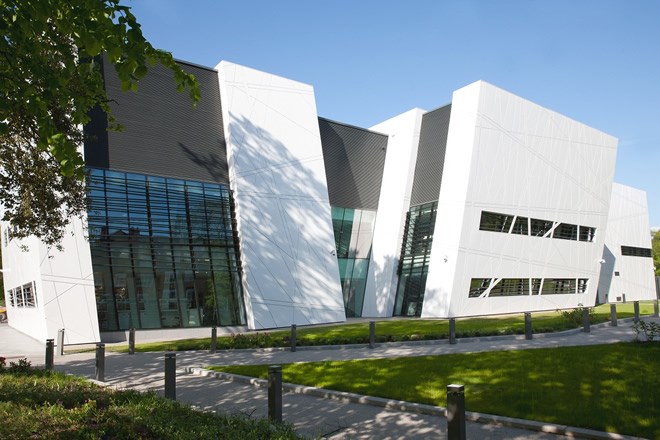UK researchers trial new cancer immunotherapy

The charity Cancer Research UK has joined with Biotecnol to begin early-stage clinical trials of a new kind of cancer immunotherapy in solid tumours, including lung cancers.
Cancer Research UK will support the early development of UK-based Biotecnol’s first-in-class drug, called Tb535H.
Tb535H is an anti-5T4 pan-cancer T-cell engager, developed with Biotecnol’s technology based around antibodies capable of binding to three sites instead of the usual two.
Cancer Research UK says the 'Tribodies' developed by Biotecnol have the potential to be much more effective than conventional monoclonal antibody therapies.
Tb535H is directed against the 5T4/WAIF1 tumour antigen, a protein found on many different solid tumours, which is thought to contribute to the spread of cancer cells.
It recruits the patient’s T-cells – killer cells of the immune system – and directs them to attack tumours. This highly targeted approach uses the patient’s own immune system to fight cancer.
Biotecnol and Cancer Research UK’s Centre for Drug Development have agreed to collaborate to take forward Tb535H through a Biotecnol-sponsored first-in-man phase 1 clinical trial, using Cancer Research UK’s drug development expertise in return for shareholdings in Biotecnol.
Pedro de Noronha Pissarra, chief executive officer of Biotecnol, said: “The collaboration is important for Biotecnol’s strategy of working with top cancer institutions in the immune-oncology field, which will accelerate the development of cutting-edge therapeutic approaches to fight cancer.”
Dr Nigel Blackburn, Cancer Research UK’s director of drug development, said: “We urgently need new ways to improve treatment for lung cancer, which causes more than one-in-five of all cancer deaths in the UK.
“Without this collaboration it might have been years before this treatment reached patients so we're pleased to work with Biotecnol to elevate their novel drug development platform.”
Cancer immunotherapy is a rapidly-evolving field that has revolutionised treatment in the last few years.
Among the first to market were the anti-PD1 drugs, such as Bristol-Myers Squibb’s Opdivo (nivolumab) and Merck & Co’s Keytruda (pembrolizumab).
But other immunotherapies are about to hit the market, most notably chimeric antigen receptor T-cell (CAR-T) therapies, where T-cells are genetically modified to attack cancer cells.












